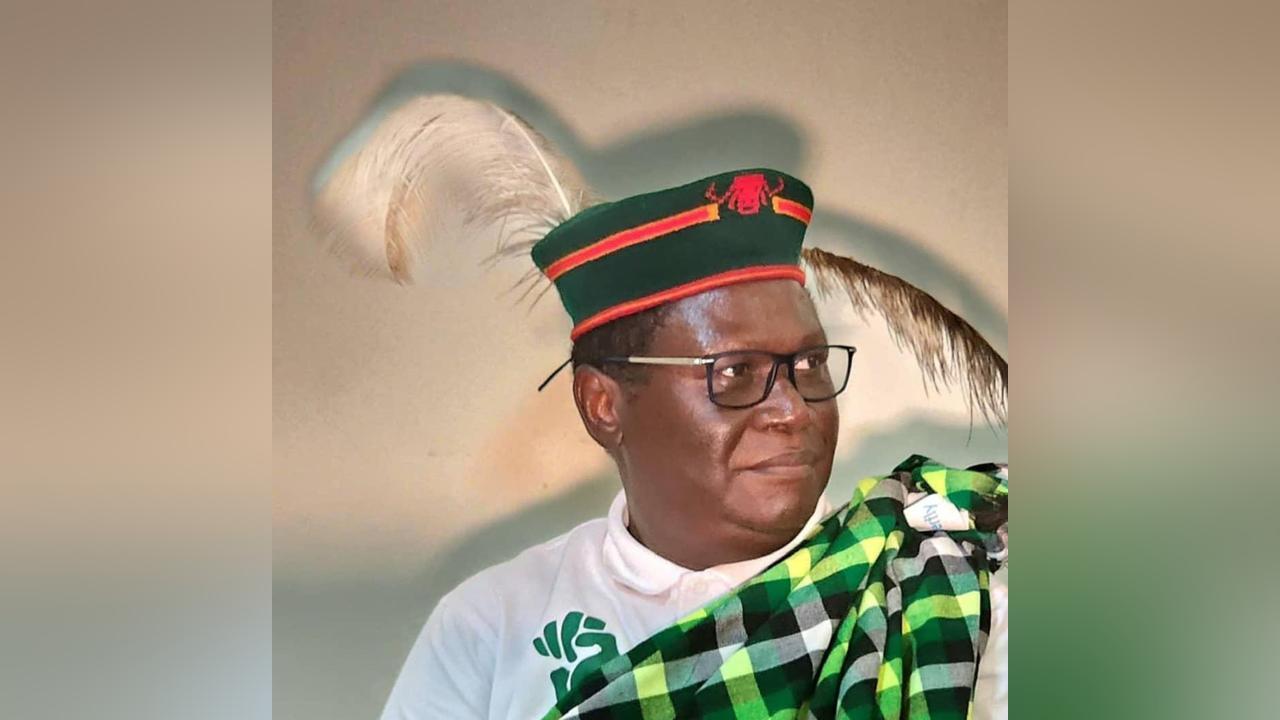Africa-Press – Uganda. With the gift of the garb that many envy, Norbert Mao once sarcastically mocked some politicians as partaking in “meal card” politics.
But at the weekend and for months before it, the Justice minister was more than fighting for a meal card – this was his lifeline.
Mao’s colourful political journey has been marked by sharp critique and fiery rhetoric. Notably, he once sarcastically mocked politicians who engaged in what he called “meal card” politics — trading principles for patronage and political favour, essentially cashing in on government positions or alliances to secure their political livelihood.
But in a twist of irony, the DP presidency itself became Mao’s meal card, the lifeline he desperately needed to stay relevant in Uganda’s political landscape.
His victory over a tense and fractious election cycle reflected the stakes at hand: without the DP leadership, Mao would lose his key bargaining chip with President Museveni and the ruling National Resistance Movement (NRM), threatening his position as Justice Minister.
Mao’s tenure as Justice Minister, secured through an uneasy memorandum of understanding (MoU) with President Museveni, depended heavily on his standing as DP president.
The ministry was more than a cabinet position; it was Mao’s foothold in the corridors of power. Without the DP presidency, he risked losing that influence and the privileges it entailed.
The timing was even more decisive. Mao’s wife, Beatrice, has set her eyes on the Kampala City Woman MP seat and a defeat in Mbarara would have left her chance more razor-thin than the razor iteself.
This year’s contest was marked by months of intense politicking and uncertainty.
Mao fought hard to cling to his post amid challenges within his party, turbulent defections, and a mounting pressure to align more closely with the ruling establishment.
His chaotic victory signalled his determination not to let go of what he now considered his “meal card” — the DP presidency that enabled his political survival.
Mao’s term as DP president-general fourth term makes his one of the longest in Uganda’s oldest politcal party’s recent history, solidifying his grip on the party even as several prominent MPs defected during his leadership.
Names like Medard Sseggona, Mubarak Munyagwa, Mathias Mpuuga, Medard Lubega Sseggona, and Walter Mukaaku, Betty Nambooze, Michael Mabikke have left the party, weakening its parliamentary presence and raising questions about Mao’s leadership effectiveness.
Critics argue that Mao’s strategy of maintaining the ministry and staying close to Museveni’s government has come at the expense of DP’s identity and cohesion.
The very “meal card” politics he once mocked now define his approach — using his position to secure government favour and political survival, while the party struggles with defections and internal dissent.
His presidency is a paradox of principled rhetoric and political pragmatism — a man who once scoffed at “meal card” politics now holding the very card he disdained, navigating Uganda’s complex political terrain to stay in the game.
As at this moment, at least two more DP members are rumoured to be ready to “pick their meal cards” by aligning with the ruling party, suggesting that Mao’s approach could shape the future of DP as it struggles to remain a viable opposition force.
Mao’s victory may mark a new chapter for DP, but it is one shadowed by internal fractures and the enduring question: can a party survive when its leader’s meal card defines its very existence?
For More News And Analysis About Uganda Follow Africa-Press






